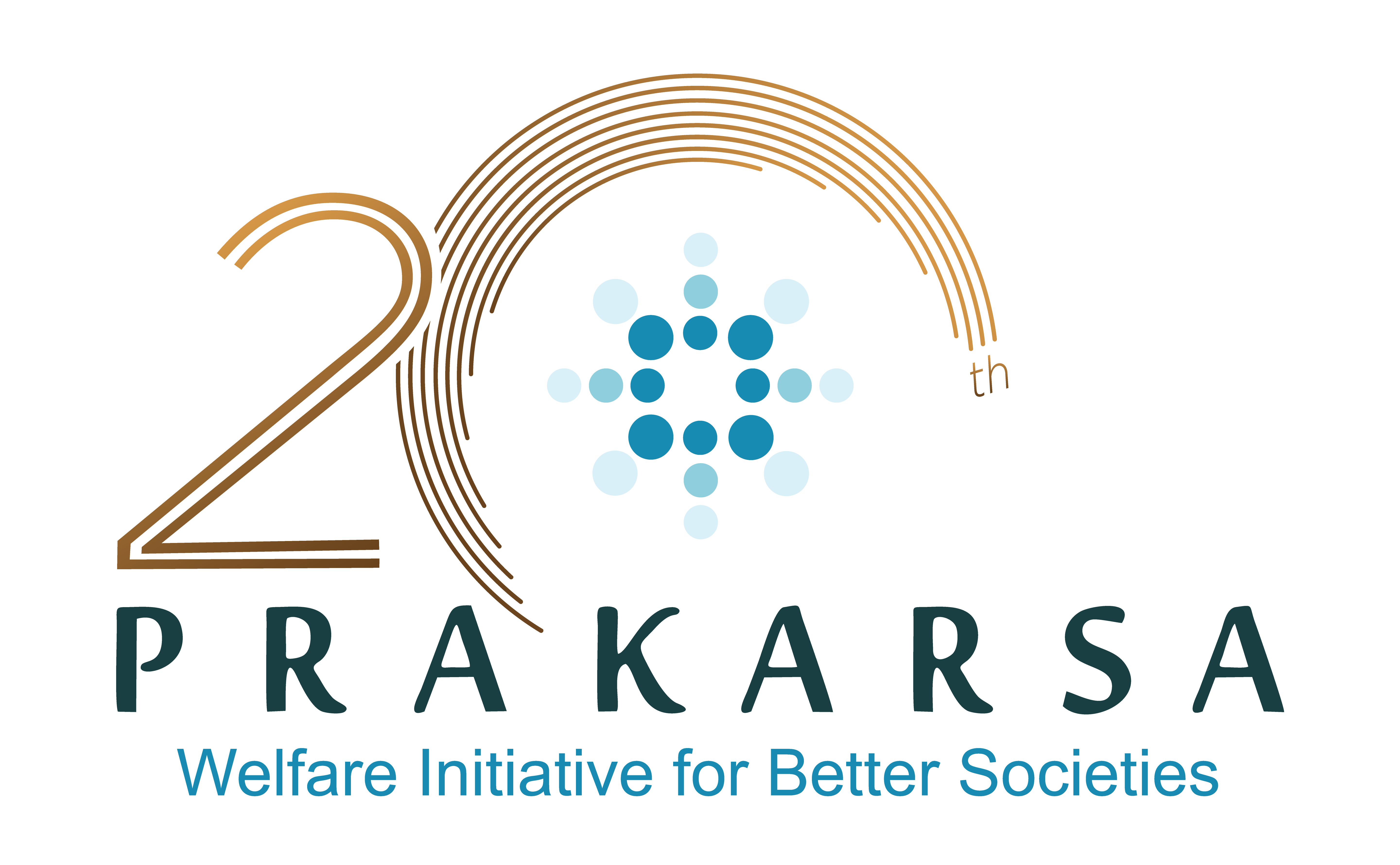Indonesian banks have
yet to include social sustainability and environment responsibility in their
policies or to publicly explain how these two issues are taken into
consideration when making their corporate decisions, a report has said.
According to Responsibank Indonesia’s ranking guide report for 2015, only two
of 12 banks, BNI and Danamon, in the survey apply sustainability principles
such as climate change, human rights, biodiversity and labor rights.
“Other banks are yet to consider these aspects in their core business, such as
in disbursing loans and investment,” said Victoria Fanggidae, a researcher at
Perkumpulan Prakarsa in Jakarta on Thursday, adding that the other banks were
Mandiri, BCA, BNI, BRI, CIMB-Niaga, OCBC-NISP, Panin Bank, HSBC, Citibank and
Mitsubishi-UFJ.
Those 10 banks tended to report social and environmental activities that they
were financing, she said, but not as an integral part of their decision making,
such as in loan disbursement and investment, in a bid to create sustainable
financial industry.
National banks, she continued, generally scored better in operational scope
such as good corporate governance (GCG), as this was underlined by the
Financial Services Authority (OJK) regulations. “These themes include
taxes and corruption as well as transparency and accountability,” she
said.
The strict GCG regulations mean banks pay more attention to complying with them
rather than to sustainability aspects. This was disappointing as the world has
moved to sustainable economics and finance, according to Victoria.
In September 2015 the UN endorsed Sustainable Development Goals (SDGs), which
should be implemented globally. The OJK has published a sustainable financial
roadmap as a guide for banks in drafting loan and investment policies that
carry sustainable and responsibility paradigms.
National banks like Mandiri, BCA, BRI and BNI are still far behind
multinational banks such as HSBC, Citibank and Mitsubishi. HSBC got the highest
score, 37.8 percent on a scale of 0-100 percent, while Indonesia’s top scorer
Bank Danamon only attained 10.98 percent.
Bank Danamon managed to surpass BNI in the report since the state-owned bank
did not clearly elaborate its form of lending and investment. On the other
hand, Danamon clearly outlined black-listed clients such as those who harm the
environment.
“But on certain information such as climate change and human rights, BNI
has published information related to this, while Danamon does not report these
topics,” said Victoria.
A banking expert from the Indonesia Banking School, Samasta Pradhana, added
that Indonesia was too late in implementing green banking and green financing.
China already had a roadmap for a mandatory sustainable banking policy since
2007, Brazil in 2009, Bangladesh in 2011, Colombia and Nigeria in 2012.
“Indonesia is equivalent to Mongolia, which recently created a framework
of sustainable banking in 2014,” he said, adding that the regulator must
draft a clear legal basis to encourage bankers in implementing green banking
and financing.
The Responsibank coalition consists of seven NGOs; Perkumpulan Prakarsa, the
International NGO Forum on Indonesian Development (INFID), Indonesia Corruption
Watch (ICW), Publish What You Pay (PWYP) Indonesia, Indonesian Forum for the
Environment (Walhi), Indonesian Consumers Foundation (YLKI) and Transformation
for Justice (TuK).

